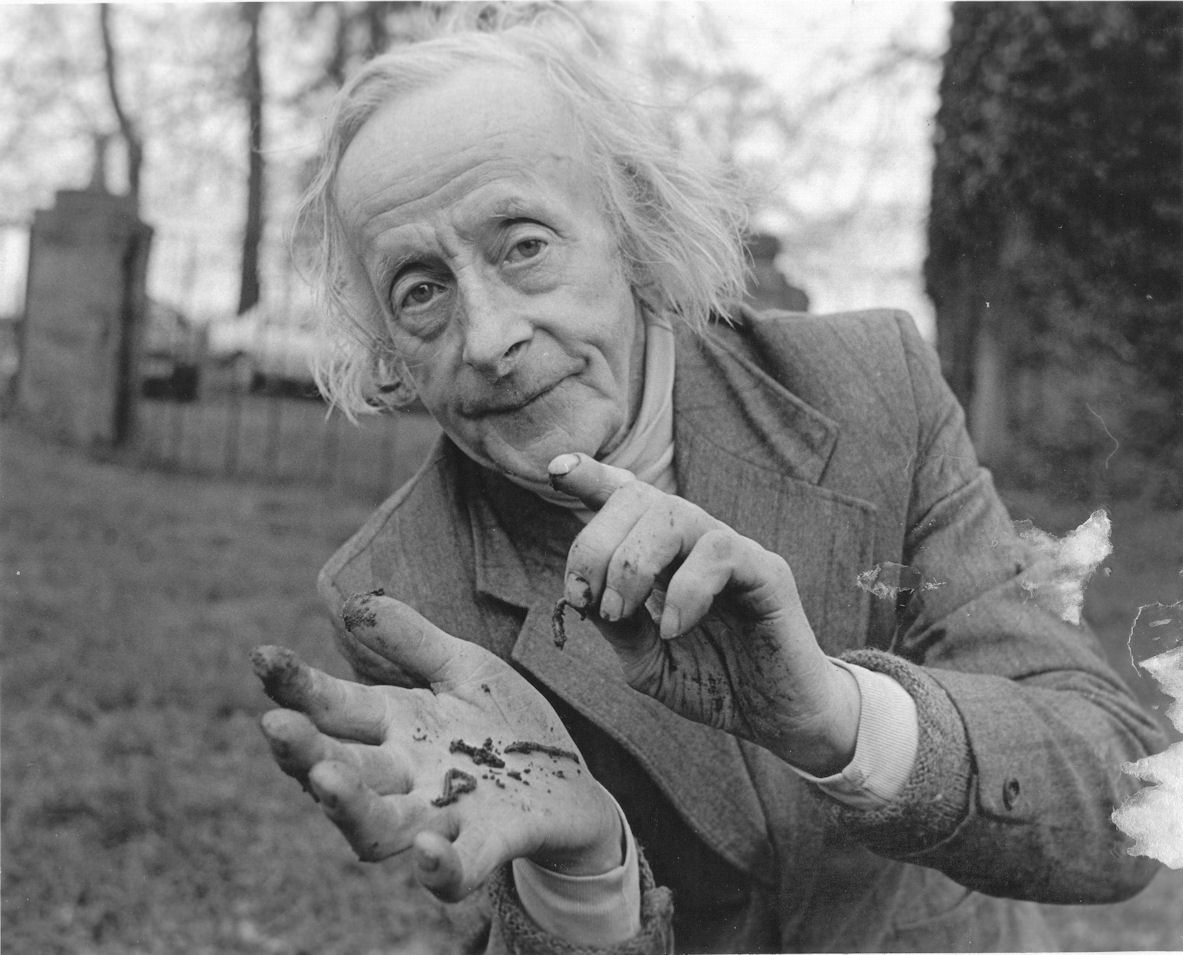Aiding conservation through regenerative agriculture
January 23, 2023
How regenerative agriculture can help the planet.

By now we are all used to hearing about the causes and effects of climate change and human impact rapidly enhancing the greenhouse effect. Among the many knock-on effects are an increase in extreme and unpredictable weather events and a degradation in biodiversity and habitats. This rapid loss of biodiversity, ecosystems and fertile soil is an inherent threat to humans, and is unfortunately one of our own making. Now of course, that is something else we are more than used to hearing, so I shan’t dwell on the causes and will answer the question: so what can be done?
Well, here I offer up two words: regenerative agriculture. This is somewhat of a catch-all phrase, and refers to a group of farming methods employed to preserve the land, and then actively improve upon it. Once broken down into its key components, the aims lie within increasing biodiversity, restoring the soil and supporting ecosystem services. These services are beneficial to us as humans: they support food production with crop pollination; help with climate regulation, therefore reducing extreme weather events, and improve our physical and mental health.
Regenerative agriculture focuses heavily on capturing carbon in the soil, rather than allowing it to contribute to atmospheric accumulation. As a method, it also works to support and encourage both the native and seasonal wildlife present in the area. In a nutshell, it works with nature, not against it.
The Fordhall ecosystem itself is a little patchwork of habitats, from ponds to woodland to the River Tern, attracting species such as barn owls, bees, woodpeckers, frogs and even otters! In fact, I could list an entire menagerie, but unfortunately I don’t have the word count. Long story short, this is the ecosystem that needs to be supported.
Near the end of April 2021, the farm held a volunteer weekend to help do exactly this. Down by one of the ponds, a hibernaculum and newt refuge was built for our amphibious visitors, and volunteers planted a range of aquatic and semi-aquatic plants to improve habitat diversity and health. In total, 35 plant species were brought to the pond habitat, including starwort (an oxygenator), marsh marigolds (which are flowering beautifully!) and the delightfully named bog bean. All-in-all, around 171 individual aquatic plants were introduced over the weekend.
Meanwhile, on the nearby river bank, around 20 young downy birch trees were planted, and throughout a boundary ditch, the Youth Project helped to seed bat-friendly wildflowers. This seed mix itself even contained 20 different species of wildflowers! Should the seeds take, there will be a lovely show of blooms such as bluebells, cornflowers and corn poppies, and will hopefully encourage an increase in the nocturnal insect life that native bats love to feed on.
Conserving what we have, and encouraging ecosystem recovery, is one of the most valuable things we can do for the planet, for the climate and for ourselves. Nature provides the services we need as human beings, we just have to look after them and work alongside them to reap the benefits. Methods such as regenerative agriculture are a step back towards supporting nature to support us.
To find out more about volunteering on the farm, keep an eye on our Facebook page, or visit the link below:
https://www.fordhallfarm.com/get-involved/volunteer/
Francesca Lant, Marketing and Administration Apprentice
Thank you to the Severn Trent Biodiversity Booster Grant
We are all extremely grateful for the funding which covered the cost of all this work, including our new wildlife pond, creation of 150m of open ditch to reduce erosion, the aquatic plants, over 200 trees that were planted around the farm, wildflower seeds and a beautiful grass and herb mix, all of which will greatly enhance these spaces.
This article was first featured in the Summer 2021 edition of the Grazer magazine. For more info and to subscribe, visit:
FCLI Shares,The Grazer,Calendars,Tickets & Books – Fordhall Farm




